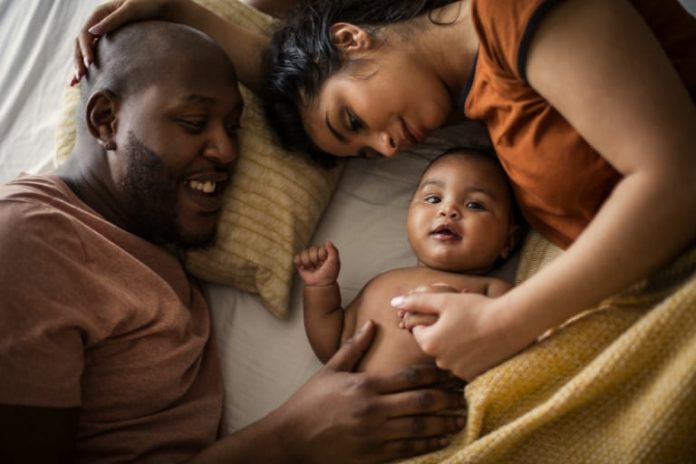Understanding parent-child bonds impacts the well-being of adult children even after their parents pass away.
Do parents have a favorite child? Many parents will tell you that they don’t, but children often beg to differ with their siblings, suspecting that the other is truly the most loved.
It turns out that the kids are kind of right. Parents do have a preference, but it’s normally not who children think it is — and whoever their “favorite” is could have an impact on their health.
“The very large majority of both mothers and fathers — when asked directly — are willing to say that there is a child that they are … closer to, prefer to confide in, prefer as a caregiver, have more conflict with and have more pride in,” J. Jill Suitor, a professor of sociology at Purdue University in West Lafayette, Indiana, told TODAY Parents. “Most of the time the children’s perceptions are wrong.”
Do parents have a favorite child?
For the past two decades Suitor and her colleagues have been looking at familial relationships as part of an ongoing study. When the researchers first started and interviewed hundreds of families, they wondered if the parents of adult children would admit to having a beloved child.
“Everyone sort of assumes that nobody would admit to it. Mothers and fathers would talk to us about it. They’d say, ‘Of course, I love all my children the same and feel equally close to everybody except Susan,’” she explained.
The researchers aren’t examining this information to create strife in families. Understanding parent and adult-child bonds is important for the health of everyone. Adult siblings already consider a parent’s favorite — and it impacts them. In many cases, the research focuses on the mother and adult-child bond since husbands are likely to die before their wives.
“Children are even more likely to think that their parents have these preferences,” she explained. “Adult children think about it quite a bit and it affects their relationships with their siblings and their own psychological well-being.”
But what child a parent prefers has more to do with their own priorities than what society considers a success. Parents feel closer to the child who shares the same values. While children might think the sibling with the fancy education who makes the big money takes the prize, that’s not often the case.
“Moms are much more likely to be closer to children, for example, who go out of their way to be nice to her, who seem very concerned about the family, who help their siblings, than the kid who went to Harvard law school and makes lots of money,” she said. “It’s much more likely that mom’s really proud of whichever child has been either extremely engaged in the family or has again gone out of their way to be helpful.
Moms also often feel more connected to a child who has faced a lot of challenges. This could be why people think the black sheep is most beloved.
“It’s often the child who has overcome a lot of struggles,” Suitor said. “It may be that kid who has failed out of college twice but they’re on track even at the local community college … Mom is more likely to say she is proud of them.”
While the findings might not be fodder for the next family get-together, Suitor said understanding who parents have the closest relationship with has an impact on the quality of their care as they age. Elderly mothers experience better health if their favorite child cares for them.
“One of the times that transparency becomes really important is having those discussions with health care providers,” she said. “We want the doctor, the social worker talking with mom without the adult children.”
That makes it more likely that mom goes home with her preferred child after a health emergency, which helps her experience better mental health and faster recovery.
Suitor and her colleague, Megan Gilligan, an associate professor at Iowa State University, recently started the third part of the study examining how parental bonds continue impacting adult children after their parents’ deaths. While they’re in an early part of this phase of the research, the findings suggest parent-child relationships play a role long after mom and dad die.
“Many people lose contact with their siblings, have big fights with their siblings after their parents die,” Suitor said. “Losing a parent is very hard on families.”





























